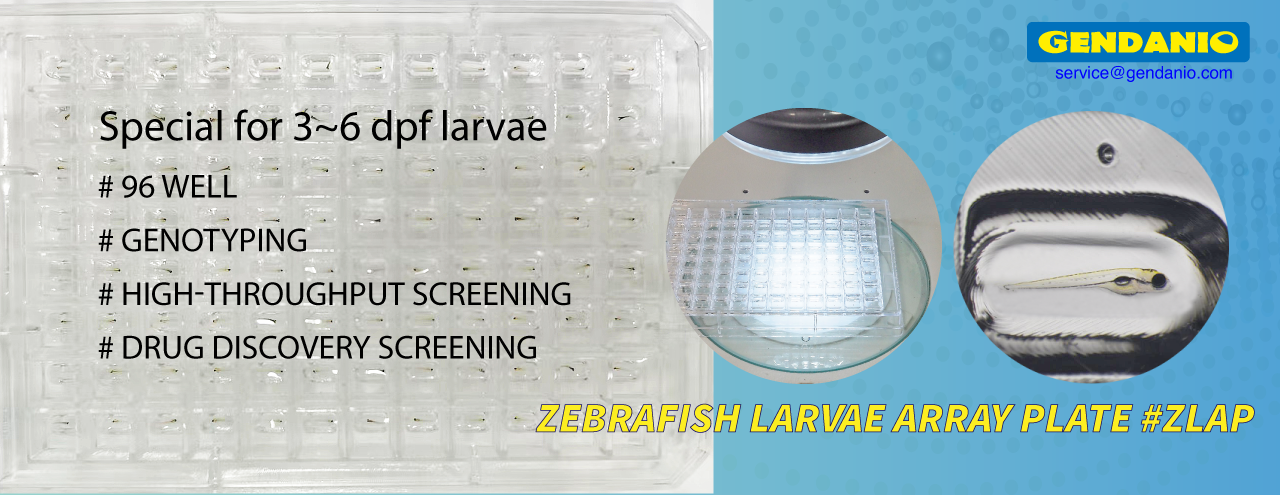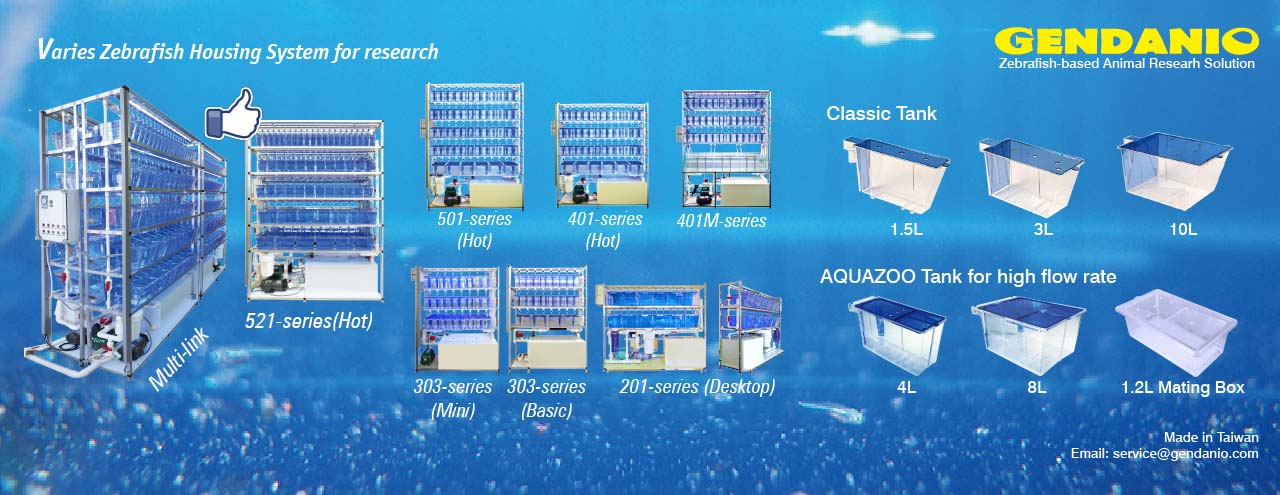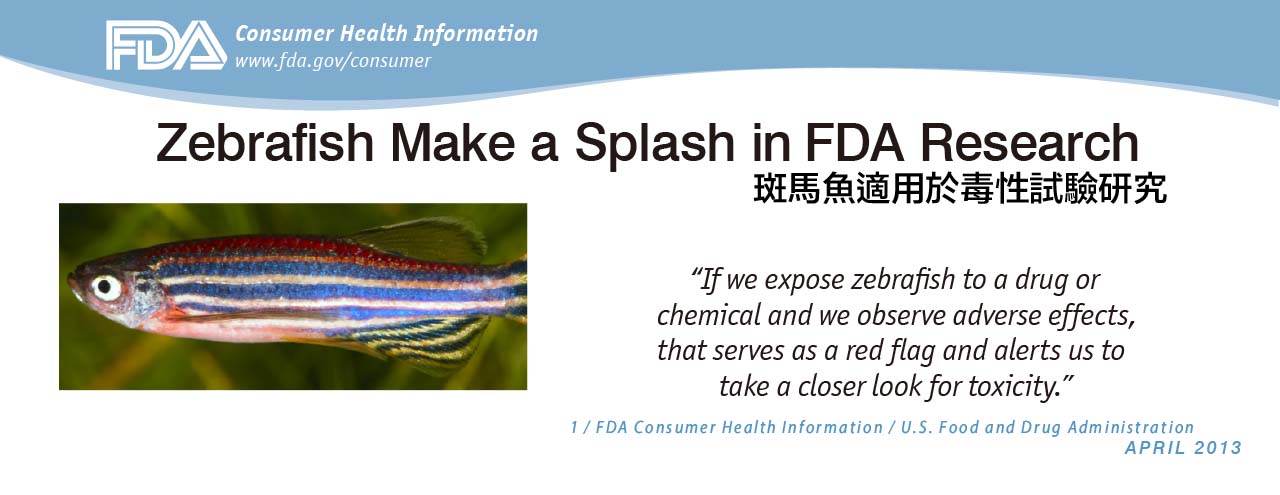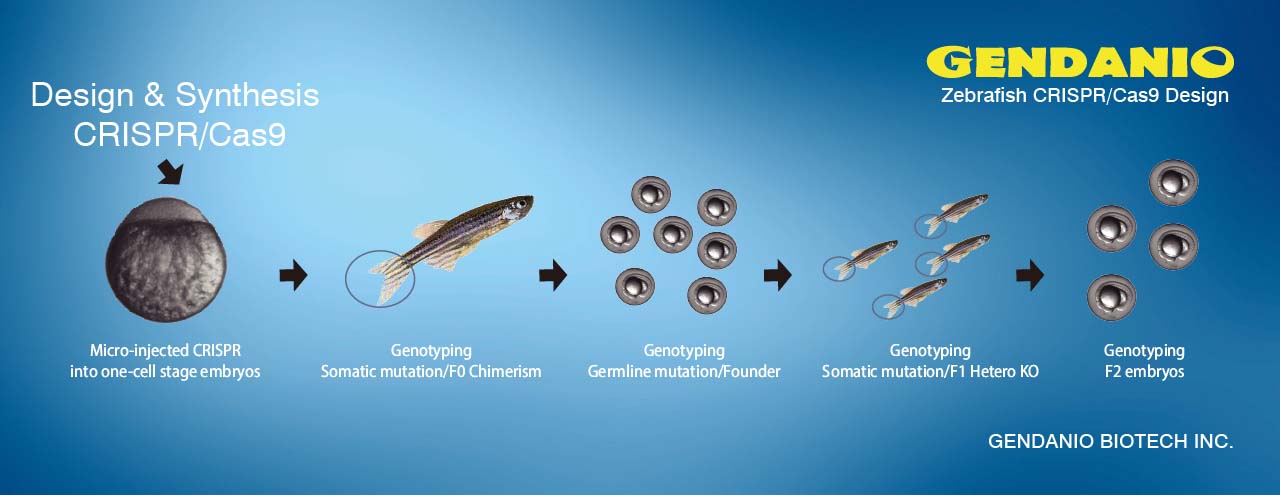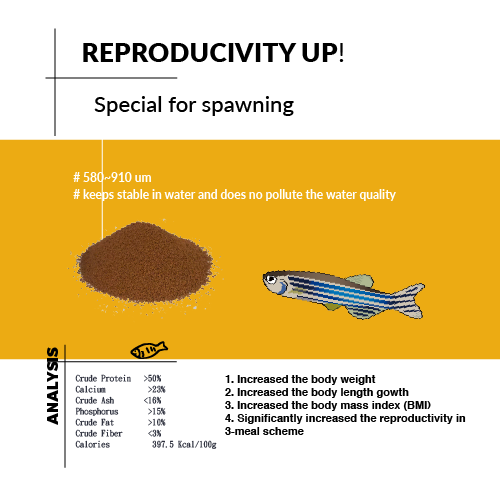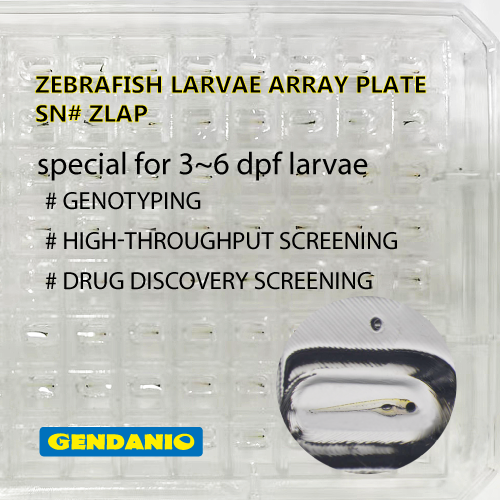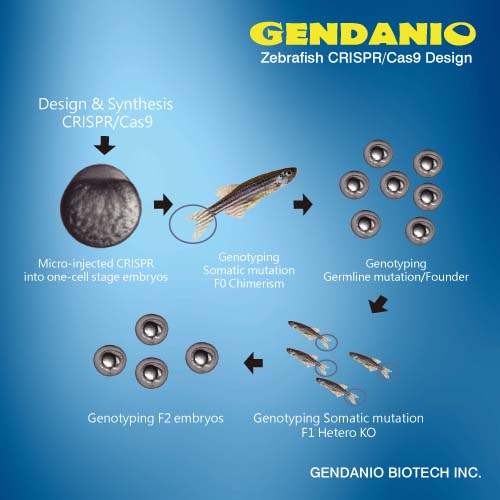Memory is something we all take for granted. Our ability to learn, retain information for short- or long-term periods, recognise individuals, objects, and to recall previous events or learning experiences, all depend on memory. It has been thought till recently that memory starts at birth and then develops as the individual matures. But it is now established that memory begins prenatally and the period of birth merely marks a transition from memory functioning in-utero to memory functioning ex-utero. Studies of classical conditioning of the foetus, date back to the 1930s.
Auditory stimuli the repeated playing of the same music, for instance gets a response from the human foetus. There are now trainers like Brent Logan director of Prenatal Institute in Seattle who teach you how to stimulate babies in the womb. Brave New Babies,’ an hour-long documentary about Baby Plus, Learning Before Birth, the author’s prenatal enrichment system has aired in many countries. When a human has problems dealing with his life and goes to a psychiatrist, one of the tools used is regression through hypnosis.
The person, in a hypnotic state, relives his past till he finds the incidents and relationships that have caused him to be what he is today. Some hypnosis takes you back to the womb and people have been known to have dated their learning experiences from inside their mother’s bodies.
Are humans the only ones that start their learning before being born? What humans can do, animals can probably do better. I have often wondered how an animal abandoned at birth by its parents, like a snake, turtle or worm for instance, knows what it knows without guidance. How does a butterfly know what to eat and what to avoid? Could it be that knowledge is passed on to them while in the womb? Now, finally, scientists are beginning to recognise that animals too have memories and learn even before they are born. In fact they are much sharper than humans. Kindergarten starts early for many animals.
Researchers of the University of Saskatchewan in Canada report that frogs and salamanders can learn to be wary of enemies even before they are born. After all, learning from the safety of an egg is a huge survival advantage. Salamanders hatched from eggs that have been doused with predator-scented water showed reduced activity a common defence mechanism compared with those from eggs in odourless water. The biologists taught frog embryos to fear the fire-bellied newt, a potential predator, by exposing frog eggs to the newts scent combined with that of crushed tadpoles. Other unborn animals have shown similar intelligence in recent experiments. Zebra fish learn to recognize kin by scent six days after fertilization.
Those not exposed to family during this period will never identify them. Foetal rats can detect the food scents that their mother has eaten and show a marked preference for this food shortly after birth. Obviously, for animals with a short life span, it is never too early to start learning. Animal embryos are known to able to pick up chemical and auditory cues - unborn gulls, for example, learn to recognise the alarm calls of their parents whilst still in the egg. But until now, no one has looked at whether unborn animals can also learn visual images. In a novel experiment Ludovic Dickel and his colleagues at the University of Caen Basse-Normandy, France studied embryos of the cuttlefish Sepia officinalis, a mollusc closely related to squid and octopus.
The scientists placed crabs alongside cuttlefish eggs in clear glass laboratory tanks so that the crabs were in plain view of the eggs. The embryos could not smell or hear the crabs. Once the cuttlefish embryos hatched, they were instantly moved, to ensure they could not glimpse the crabs, and were not exposed to any other prey until they were seven days old.
They were then set free in a lab tank full of crabs and shrimp, another cuttlefish delicacy. Cuttlefish embryos not exposed to crabs preferred to hunt shrimp which are their traditional prey, once they were born. But those embryos exposed to crabs much preferred to hunt crabs after hatching. And the clearer the view of the crabs they were given, the greater their taste for it.
Obviously the young embryos must be able to see through their translucent egg case and learn which animals are worth hunting even before they have hatched. Studies done in Japan on learning and memory in a chimpanzee foetus show that it has as good a foetal memory as human babies, reacting to sounds after birth that it had heard in the womb. What a magical world animals live in!
Source: nagalandpost


